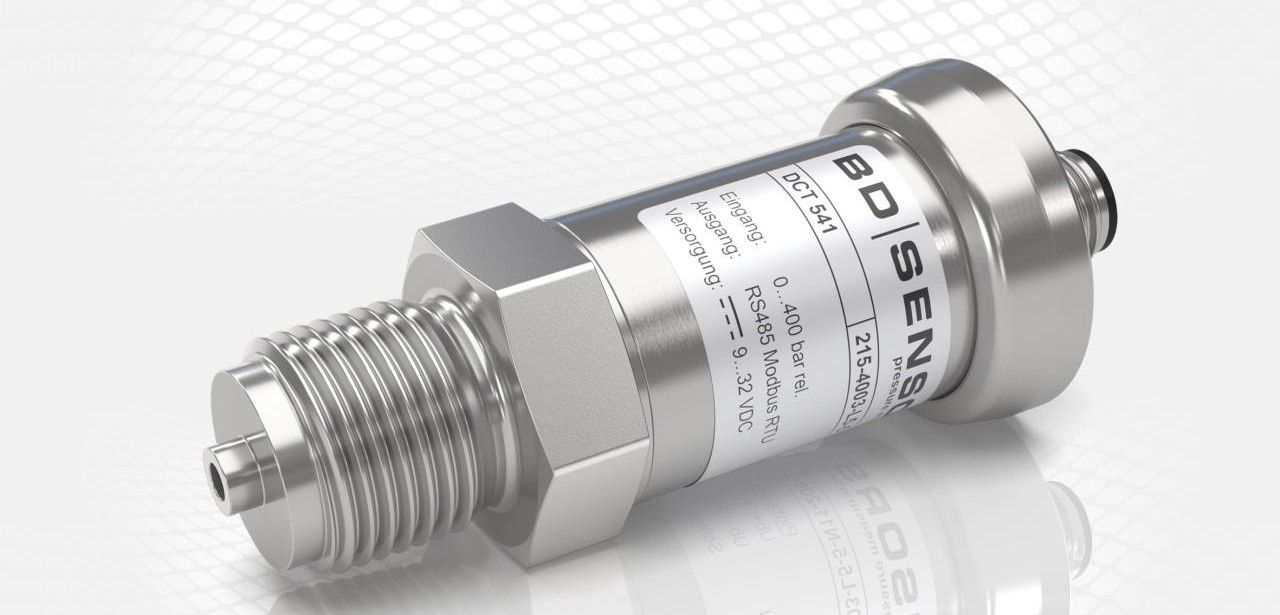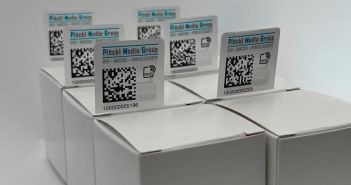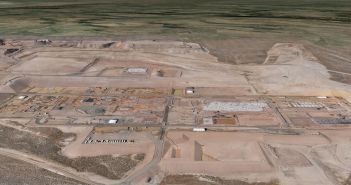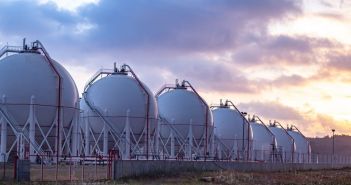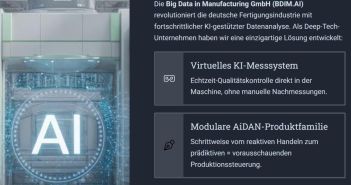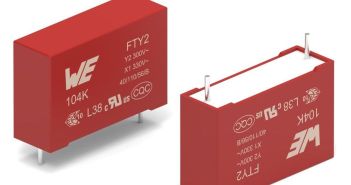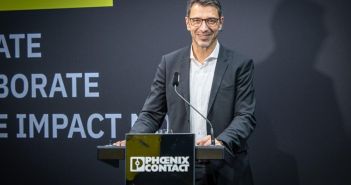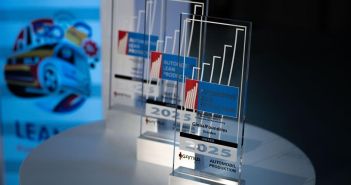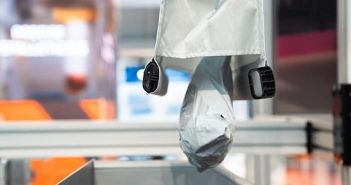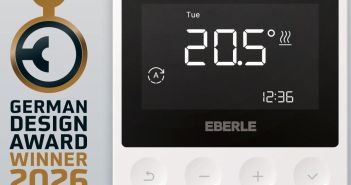The increasing importance of hydrogen as an energy carrier in the context of climate protection is undeniable. With its three times higher energy content compared to conventional fossil fuels like gasoline or diesel, hydrogen is an ideal source for generating electricity and heat. However, the careful handling of hydrogen during transportation and storage is crucial due to its ability to diffuse into metal surfaces and cause embrittlement. This can negatively impact both measurement accuracy and long-term stability.
BD. SENSORS offers specialized pressure sensors for hydrogen applications
BD. SENSORS offers a range of pressure transmitters specifically designed for hydrogen applications, such as the DMP 336 and DMP 333P. These transmitters feature the right material selection and dimensional design to minimize or prevent hydrogen embrittlement in measurement technology. The DMP 336 is suitable for nominal pressures ranging from 16 to 1,000 bar, while the DMP 333P, with its gold-plated membrane, is ideal for nominal pressures between 60 and 600 bar.
The new DCT 541 pressure transducer with digital output signal RS 485 or Modbus RTU protocol is a valuable addition to BD. SENSORS’ product range. It is a consistent development of the proven DMP 336 pressure transducer and shares its characteristics of media-contacting components made of special stainless steel. The DCT 541 is highly resistant to overload and pressure peaks, making it suitable for a wide range of applications. Additionally, it undergoes a special cleaning and manufacturing process to minimize residual particles and hydrocarbons, ensuring no chemical reactions occur during production, especially in oxygen applications.
The new Modbus interface of the pressure transmitter enables the transmission and processing of digital output signals, resulting in efficient data utilization in hydrogen applications and seamless integration into existing systems.
BD. SENSORS offers high-quality pressure transmitters specifically designed for use in hydrogen applications. These transmitters are carefully selected and dimensioned to minimize or prevent hydrogen embrittlement, ensuring accurate and long-term stable measurements. The inclusion of a Modbus interface allows for efficient data transmission and integration into existing systems, making it easier to utilize the data obtained from hydrogen applications. Overall, BD. SENSORS’ solutions contribute significantly to the promotion of hydrogen as an environmentally friendly energy source.


